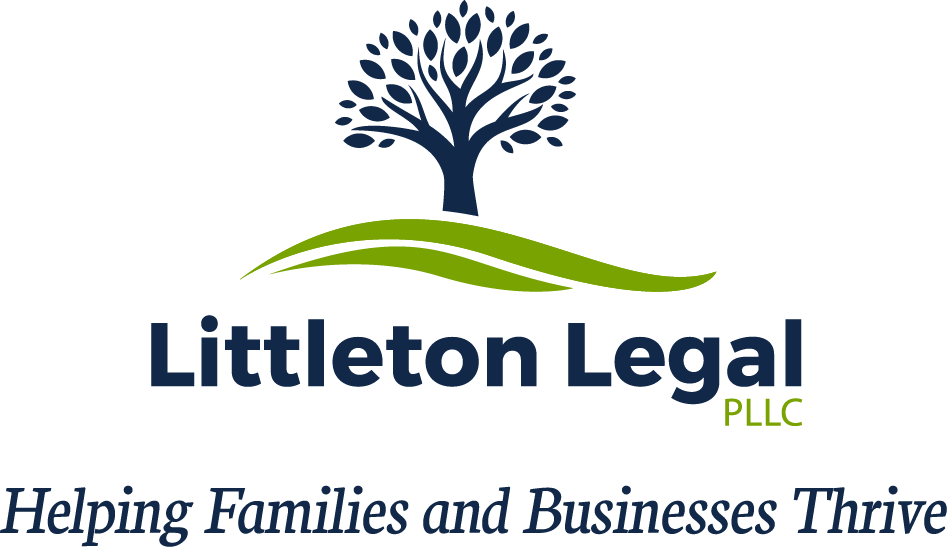Tulsa estate attorneys on how clear governance protects both your legacy and your relationships. Family…

How to Address Business Debts and Liabilities in Your Estate Plan
When Oklahoma business owners think about estate planning, the focus often centers on who will inherit the company and how ownership transfers. However, an equally critical component involves planning for business debts and liabilities. Outstanding loans, vendor contracts, and payroll obligations don’t disappear when you pass away. Without strategic planning, these responsibilities can disrupt operations and create complex probate issues.
Understanding Business Debt in Estate Planning
Your business structure significantly influences how debts are handled after your death:
Entity Debts: Obligations in the company’s name typically remain with the business, but still need active management by successors.
Personally Guaranteed Debts: Many small business owners sign personal guarantees on loans or leases. These obligations may become claims against your estate, affecting asset distribution and probate timelines.
Oklahoma Probate Considerations: Valid creditor claims must be satisfied before assets distribute to heirs. Without proper planning, families may face extended proceedings and costly disputes.
Strategic Tools for Managing Business Liabilities
Business-Specific Durable Power of Attorney (DPOA)
A personal DPOA covers individual finances but typically lacks authority over business operations. A comprehensive business DPOA ensures your chosen agent can:
- Access business accounts and approve payroll
- Execute vendor contracts and supplier agreements
- Handle tax filings and regulatory compliance
- Manage day-to-day operations during incapacity
This prevents operational paralysis that could jeopardize debt service and cash flow.
Revocable Living Trusts for Business Interests
Holding business ownership in a revocable living trust provides several advantages:
- Probate Avoidance: Trust-held interests bypass probate, allowing immediate succession without court delays
- Operational Continuity: Successor trustees can maintain operations while managing debts systematically
- Flexible Management: Trust provisions specify how business debts should be prioritized during transitions
Buy-Sell Agreements
For multi-owner businesses, comprehensive buy-sell agreements establish procedures for:
- Ownership transfer upon death or disability
- Fair business valuation methods
- Liability allocation among remaining owners
- Funding mechanisms for ownership purchases
Business Succession Insurance
Strategic life insurance provides immediate liquidity for:
- Operational disruption and debt service coverage
- Ownership transfer funding without additional business debt
- Personal guarantee obligations without forcing asset sales
Coordinating Your Business and Estate Plans
Effective planning requires integration between business governance documents and personal estate plans. Your Last Will and Testament, revocable living trust, and business operating agreements should align regarding successor management, decision-making authority, and debt responsibility allocation.
Implementation for Oklahoma Businesses
Your estate plan should address two critical questions:
- Who will manage or inherit your business interests?
- How will debts and liabilities be resolved without burdening your family?
Addressing both components provides an optimal foundation for continued business success while protecting loved ones from unintended financial consequences.
At Littleton Legal, we help Oklahoma business owners develop comprehensive estate plans addressing both assets and liabilities. Our integrated approach considers your business structure, debt obligations, and family goals to create solutions that protect all stakeholders.
If you want confidence that your business and family are protected from unexpected challenges, schedule a consultation through our website or contact our office at (918) 608-1836. Let’s create a plan addressing every aspect of your business legacy.



